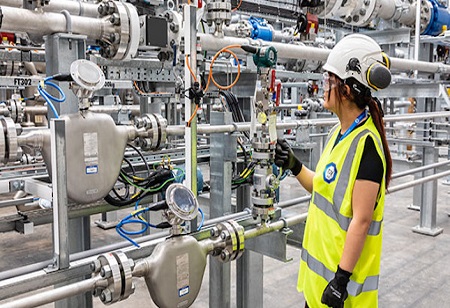With
process control being a critical enabler of the manufacturing plant, companies now continue to look for innovative methods to improve efficiency, increase reliability, minimise risk and reduce cost.
Today,
process industry sites are focused on optimising operations through enhanced field device functionality. This includes making better use of intelligence from smart instruments. Key priorities include integration addressing the typical work flow isolation of the control system from the transmitter thus improving the user experience, and the use of smarter devices for sharing of valuable digital data amongst stakeholders.
In developing countries, implementation of process automation has been imperative to enable mass production. The pharmaceutical, chemical, power generation, and petrochemical are of the critical industries that are increasingly implementing process automation in their operation site.
In this article we bring three of the most critical innovations that will transform the overall scenario of process control, helping the industries to actualize an enhanced and safe tomorrow.
MEMS Sensors
The application of the industrial robots can particularly benefit from MEMS technology since it can be used for tactile, navigational, or proximity sensors.
However, owing to the poor economic viability of MEMS technology and the industrial entrenchment of some non-MEMS proximity sensing technologies, in the past research into the adaptation of MEMS technology for the manufacture of proximity or position sensors has been constrained.
This situation is now developing at a much faster pace. Today, MEMS technology enables the creation of low-cost touch sensors, which can allow a robot to acquire sensory data in order to make decisions and carry out activities in a more flexible, autonomous manner.
The trend of miniaturisation has led to opportunities for use of multi sensors in applications such as robotics, manufacturing processes, process control, as well as biotechnology and life sciences.
